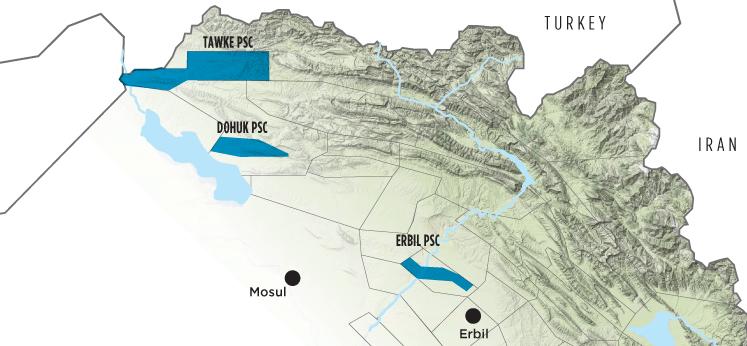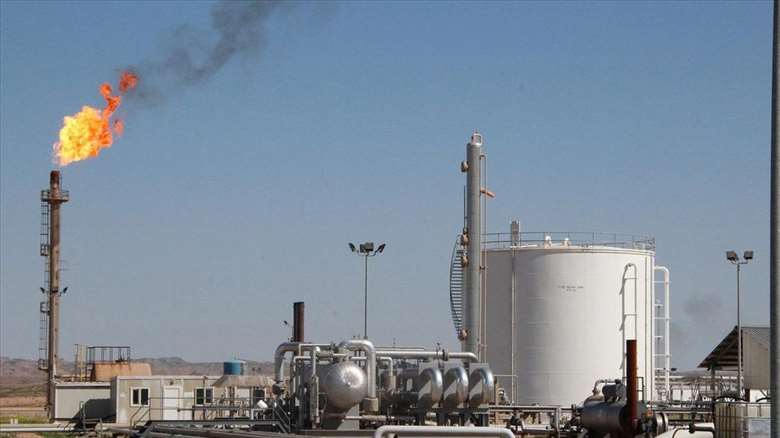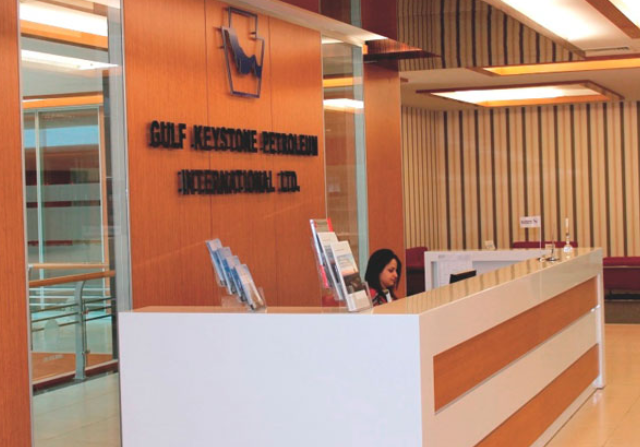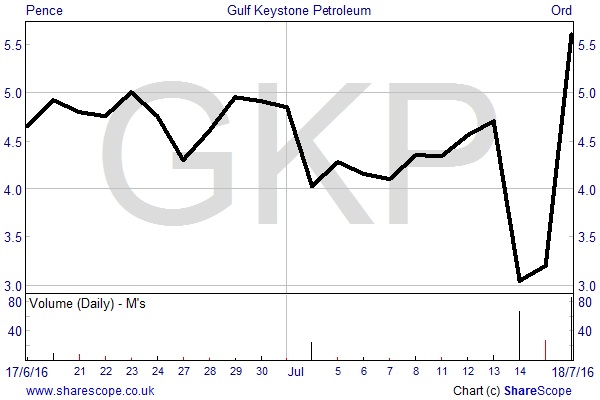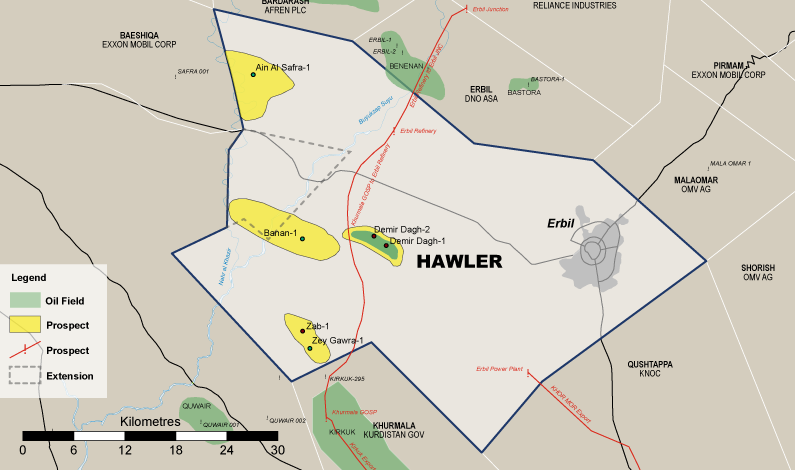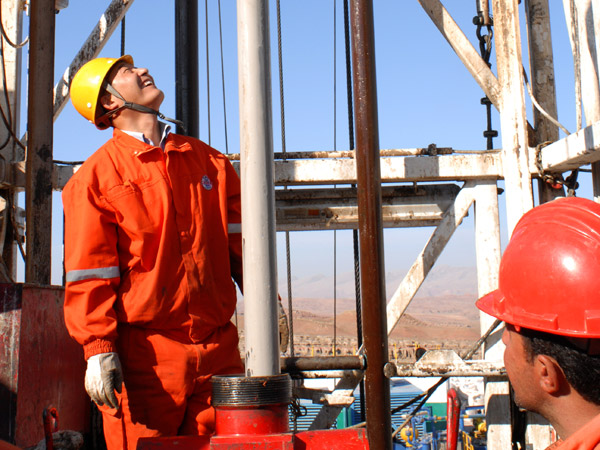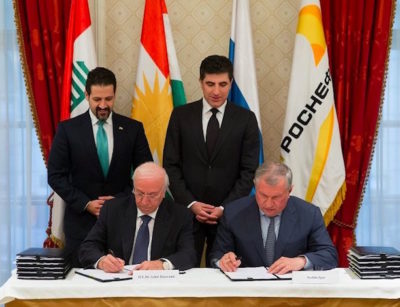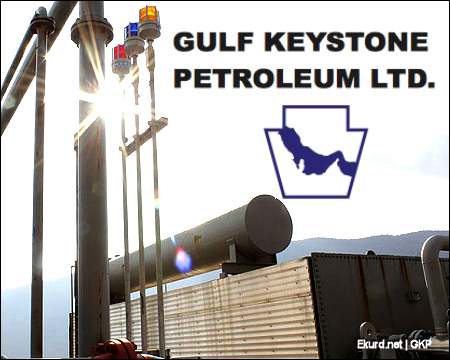KRG Prime Minister Nechirvan Barzani chaired on Wednesday a meeting of the KRG Oil and Gas Council.
It was also attended by Deputy Prime Minister Qubad Talabani, relevant ministers, governors, supervisors of local administrations, and representatives of the Integrity Commission, Board of Supreme Audit, the Attorney General’s Office, and Security (Assayish).
The Ministry of Natural Resources presented a report on the number and locations of illegal refineries with dates of operation. Because these refineries are a serious threat to citizen health and the environment it was agreed to accelerate control of the situation.
Prominent examples in both Erbil and Suleimaniya Governorates were presented in which refinery residues severely damaged water resources, agricultural production, and adversely affected citizen health.
It was decided the Ministry of Natural Resources in cooperation with the Ministry of Interior and the heads of administrative units would soon work in accordance with law to resolve this issue. The government would take necessary procedures to protect the environment and health of citizens, and later present results of legal proceedings to the public.
Prime Minister Barzani and Deputy Prime Minister Talabani stressed the need for especially the executive administrative units such as the Ministry of Interior, the Security Council, and the police to cooperate with governors to address this issue within the framework of the legal mechanism that was put forward during the meeting. Also, the Attorney General has been mandated to cooperate on legalities.
They stressed that protection of the environment and preservation of citizens’ lives are priorities that supersede economic issues – a distinction must be made between the lives of citizens, the environment, and the provision of fuel.
(Source: KRG)

